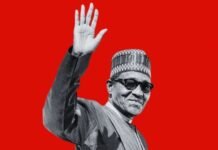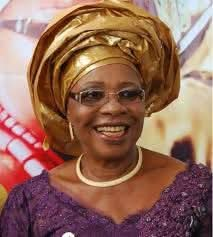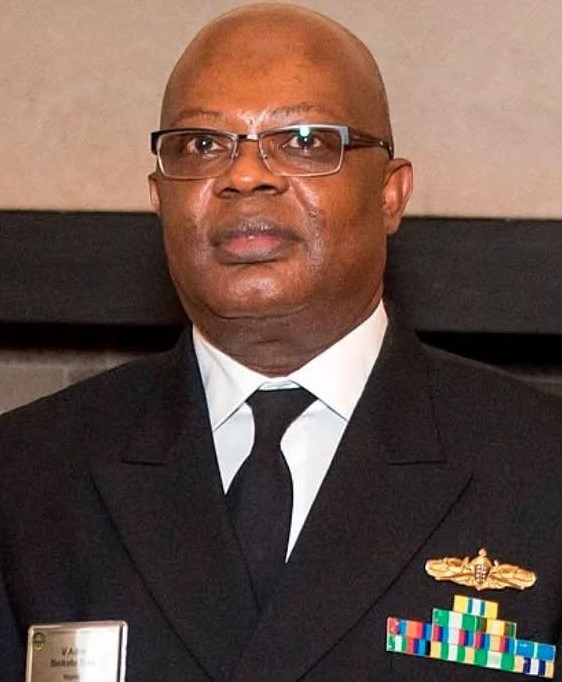Major General Johnson Thomas Umunnakwe Aguiyi-Ironsi was Nigeria’s first military Head of State. He lived as a soldier, but his death came with betrayal and sorrow. He was just 42 when he fell.
On 25 January 1967, he was finally accorded a state funeral with full military honours. The ceremony took place in his hometown, Ibeku-Umuahia, in present-day Abia State. His coffin was lowered slowly to mother earth, as the people wept in silence.
His wife, Mrs. Victoria Nwanyiocha Ironsi, dressed in black, kissed the coffin in anguish. His parents stood nearby, helpless. At the graveside stood Eastern Region Military Governor, Lt. Col. Chukwuemeka Odumegwu Ojukwu, and Dr. Akanu Ibiam, surrounded by soldiers and mourners.
Ironsi’s burial was not a single story. He was buried three times. First, in a shallow grave in Ibadan. Later, he was moved to a cemetery there. Finally, on Ojukwu’s insistence, his body was exhumed and brought home to Ibeku-Umuahia for the funeral of honour Nigeria owed him.
The Night at Ibadan
On 29 July 1966, Ironsi spent the night at Government House, Ibadan. He was there as part of a nationwide tour meant to steady a country shaken by coups. His host, Lt. Col. Adekunle Fajuyi, Governor of Western Nigeria, had warned him of possible mutiny within the army.
Ironsi tried desperately to reach his Chief of Staff, Yakubu Gowon. The line was dead. He could not be found. In the still hours of the morning, soldiers surrounded Government House. They were led by Theophilus Yakubu (T.Y.) Danjuma.
Ironsi was seized. He was questioned about the January 1966 coup, and accused of knowing about it before it happened. He knew nothing. That interrogation was the last time the world saw him alive. His body, alongside that of Fajuyi, was later found in a nearby forest.
He died a humiliating and painful death.
The Last Words
Ojukwu and his commander, Alex Madiebo, had warned Ironsi not to go to Ibadan. They told him to wait. He refused. He answered them simply: “Everything was under control.”
He never returned.
Ironsi’s life ended, but his name still breathes in Nigerian history. Some remember him as the general who tried to hold a broken country together. Others recall his decrees, his attempt at unity, and the storm that consumed him.
For further reading on Nigeria’s military history, see BBC’s archive on the 1966 coups and the World Bank’s records on Nigeria’s post-independence era.
Rate, Like 👍, Comment💬, share this article and Follow us on our social media handles. You can also Submit your own story to get featured and earn rewards!
Feel free to download and share our Daily Newsletter for Friday, March 14, 2025. 👇











